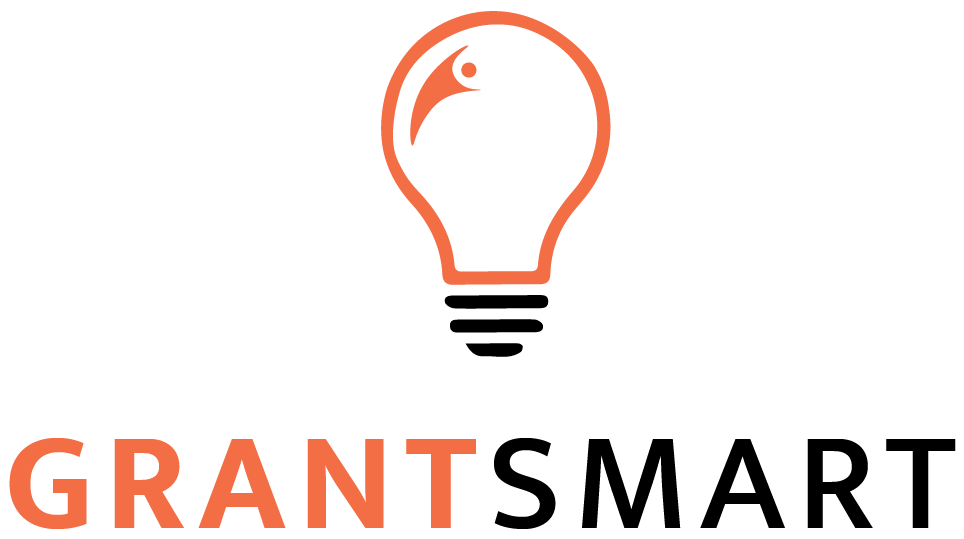Government grant funding up to $3 million for industry research
The CRC-P grants program offers grant funding, on a co-contribution basis, of between $100,000 and $3 million for industry-led collaborative research projects for a period of up to three years.
Projects must be collaborative and include at least two Australian industry organisations, including at least one SME, and one Australian research organisation.
The lead applicant must be incorporated in Australia, hold an Australian business number (ABN) and be a trading corporation. Trading activity must be sufficient to be called a trading corporation and be a major part of your overall activity. Additional eligibility criteria apply.
CRC-P Program Funding Objectives are to:
improve the competitiveness, productivity and sustainability of Australian industries
foster high quality research to solve industry-identified problems through industry-led and outcome-focused collaborative research partnerships
encourage and facilitate small and medium (SME) enterprise participation in collaborative research
Project Outcomes:
Develop a product, services or process that will solve problems for industry and deliver real outcomes
Deliver benefits to SME’s
Include education and training activities
Eligible, funded project activities must directly relate to the project and include at least one of the following:
new research
proof of concept activities
pre-commercialisation of research outcomes
industry-focused education and training activities
conferences, workshops, and/or symposia related to the joint research
information sharing and communication initiatives related to the joint research
Applications must be submitted by 5pm (AEST) on 14 September 2023.
For more information click HERE or contact GrantSmart for more information and help with your application.
